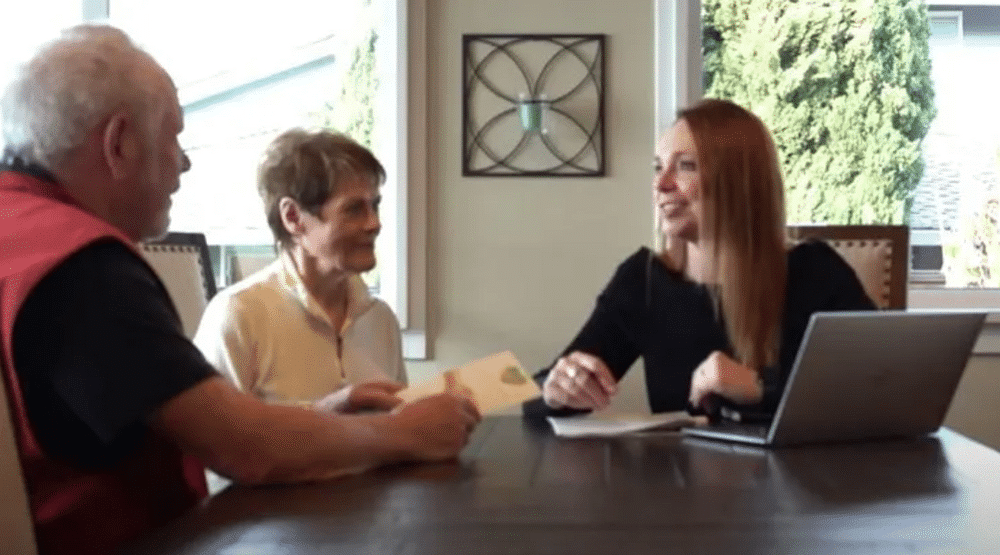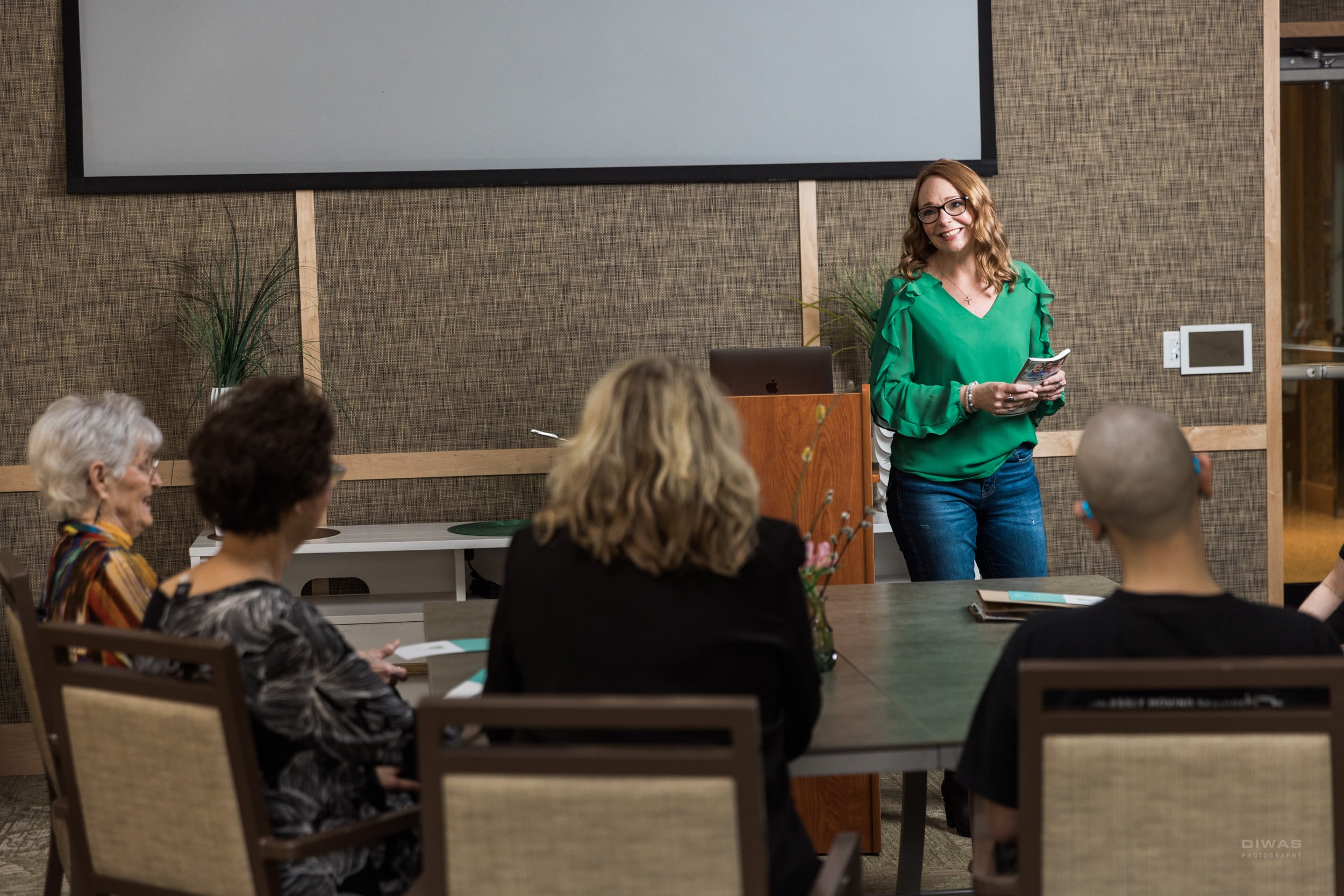
Over the last eight months I have had the pleasure of working with a family in a somewhat unique situation. The loved one had been very sick, isolated, hoarding, and destructive at home. Each encounter to offer him help was met with struggle, distrust, and a fight. The turning point was a trip to the hospital, where it was determined his health was too compromised, and he no longer had the option to live at home. His younger sister was his only acceptable connection. This sister has a husband with Parkinson’s who requires full care, for which she is the sole caregiver. Due to the mistrust and delusions of his disease, she has no choice but to be her brother’s full-time caregiver. This is a lot for one person to take on, the transitional responsibility for a wheelchair-bound, emotionally unstable person with a host of health complications and her husband with Parkinson’s, but what can she do? What would you do?
The heavy emotional toll of being solely responsible for two people and their well-being is heavy on the heart and mind. She does not have to do this alone. My role is to manage as much of the transition as possible. The more you trust my knowledge and hand over responsibilities to me, the less you do. There are specific aspects you must hold on to, such as being emotionally available in a soothing way to your loved one. Most everything else I can handle, such as identifying a select list of proper living options, arranging the move, packing, assisting with downsizing recommendations and supporting with the prep work for the sale of a home, setting up needed services such as transportation or even access to religious activities. If you need it, I will brainstorm with you about how to get it. My passion is to provide alternative solutions during red alert levels to issues that keep you up at night.
Learning how to deal with the stress from the emotional hijacking of disease management and progression is something everyone struggles with. Some diagnosis takes years to shift and change. The twists and turns significantly affect the whole family, especially the main caregiver who is usually a spouse, navigating the loss of dreams and future expectations while dealing with the guilt of being the healthy one, with no place to feel they can complain. When a partner’s life is altered, so is the well partner’s, and even the children’s. Terminal disease takes ownership of the whole family, which is why coping methods are necessary.
The definition of coping is:
- a: to deal with and attempt to overcome problems and difficulties.
- b: to maintain a contest or combat, usually on even terms or with success.
- *to make better, improve is the opposite of avoidance.
Coping can generate the empowerment of knowing you can control something. Often when life takes a proverbial nosedive, empowerment is the last thing people feel. When we need it most, coping tools need to be a predetermined go-to plan. These tools should be a written reminder. Otherwise, people will choose whatever is within reach, which is usually the unhealthy, easy escape. Coping tools are personal, but I’ve created a list to start your journey:
- Find Support: It’s imperative to find a support team to allow yourself a self-care routine. Can the children rotate evenings or mornings? What about a local senior center activity or class at the gym? At the gym your loved one can participate in activities, such as water aerobics while you enjoy a yoga class down the hall. Have you considered daycare a few days a week that correlates with your ladies’ group, walking club, or errand days? Whatever your choice, release some control and try to make a consistent routine for you and your loved one.
- Hobbies: Think of things you miss most in your life. Are there activities you might have given up to be there for others? Your weekly yoga class, daily swim, bible study, reading space, watching your favorite show, or playing your favorite instrument? There may be a quiet corner to paint, craft, or seek tranquil moment. Maybe you’re a hiker, biker, or adrenaline junky. Whatever your decompression style, hitting the release valve is a must.
- Podcasts: Download the Podcast app or Spotify app to explore easy and free ways to focus your mind and discover thoughtful learning or therapeutic coping techniques —authors from Brene Brown, Adam Grant, to Oprah. Podcasts with titles like Good Life Project, Optimal Living Daily, Senior Care Guide and 70 over 70 assist us with subjects in aging, seeing the best in life, and solving problems. You can enjoy these as you drive, do housework, get ready in the morning, or even integrate them into your sleep routine.
- Music: Songs have the power to transport you, unleash happy memories, or inspire you. Making playlists has been a favorite pastime of mine since I was a kid creating mixed tapes from the radio. Utilizing Apple Music or Spotify is simple and free. Music can be a powerful and meaningful coping tool to relax the mind.
We all will go through the seasons of life’s challenges. Does this story ring true for you? Even if half the story resonates, what would you do if that were your sibling, partner, or child? Now is the time to create a plan. With dementia alone, the disease will personally affect two in five people. Your mental health is essential to properly support others and coping is essential to keep yourself healthy. Life is happening around us; I recommend you be prepared and have a plan for your success. Give me a call today, and we can start your customized success plan.






